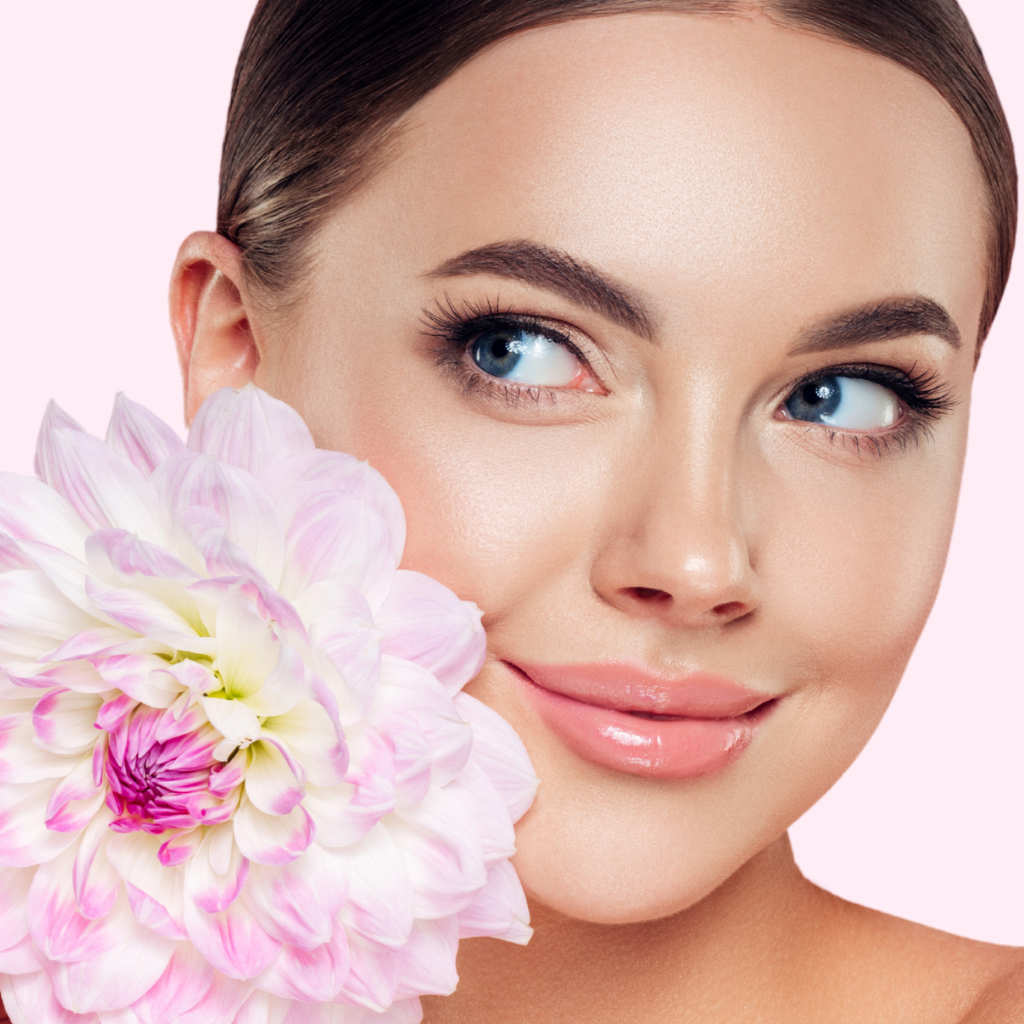
Meta's AI Crackdown: Implications for the Beauty Industry
In recent years, the beauty industry has witnessed a rapid integration of artificial intelligence (AI) technology, revolutionising the way brands engage with consumers and create innovative products. However, as AI continues to evolve, concerns about its impact on creativity and ethics have emerged. Meta, a tech giant, has taken a significant step by introducing regulations to address these concerns. In this blog post, we will explore Meta's AI crackdown and its potential implications for the beauty industry.
The Need for Transparency:
Meta's decision to label all AI-generated images on its platforms reflects the growing need for transparency in the beauty industry. The development of AI has allowed for the creation of hyper-realistic images, blurring the line between virtual and reality. By enforcing labeling, Meta aims to protect individuals from the confusion caused by AI-generated content. This move acknowledges the responsibility of tech companies in maintaining a balance between progress and accountability.
Collaboration for Regulation:
Meta acknowledges that achieving comprehensive regulation of AI-generated images requires collaboration across the tech industry. While Meta's own AI-generated images are already labeled as "Imagined with AI," the next step is to extend this labeling to images created by other users and companies' tools. This collaborative effort will ensure that AI-generated content is clearly identified, providing users with the necessary information to distinguish between real and artificially created images.
Navigating the Impact of AI on the Beauty Industry:
The beauty industry has been at the forefront of embracing AI's potential, leveraging its capabilities to enhance product selection, virtual try-ons, and targeted marketing campaigns. However, the unpredictable nature of AI has raised concerns among makeup artists and creative industry insiders. The rise of AI beauty filters and controversial AI models has created a sense of uncertainty regarding the future impact on jobs and the industry's creative landscape.
Meta's Impact on the Beauty Industry:
Meta's emphasis on making AI's boundaries clear through labeling can alleviate concerns within the beauty industry. By implementing regulations, Meta aims to protect the integrity of creativity while fostering a balance between technology and human expertise. This move helps consumers make informed decisions and promotes responsible AI usage within the beauty sector.
The Future of AI in Beauty:
Despite the initial hesitancy surrounding AI's impact, the beauty industry holds immense potential for further integration of AI technology. As regulations become more standardised, brands can continue to harness AI's power to meet consumer demands effectively. From personalised product recommendations to immersive virtual experiences, AI can unlock new dimensions of creativity and customer engagement.
Conclusion:
Meta's AI crackdown signifies an important step in addressing the ethical and creative challenges associated with AI in the beauty industry. By enforcing labeling and promoting transparency, Meta aims to protect individuals from the potential confusion caused by AI-generated content. While concerns may arise, the beauty industry has the opportunity to embrace AI responsibly, leveraging its capabilities to drive innovation and enhance consumer experiences. As the industry continues to evolve, collaboration and ongoing dialogue will be crucial in shaping a future where AI and human creativity can coexist harmoniously.

